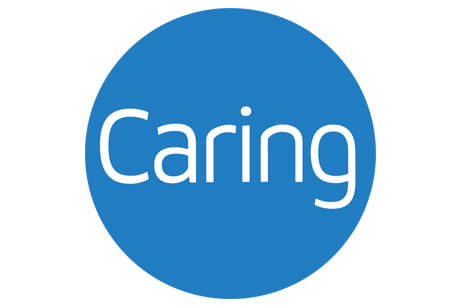Geisinger geneticists part of team setting new standards for genetics: Do changes in a given gene actually cause disease?
DANVILLE, Pa. – How do we know when a change in one of your genes can cause a disease? What evidence is required? How strong does that evidence have to be?
These are questions experts in the field of genomics are still grappling with, and the usefulness of genetic information in health care depends partly on the answers.
Until now there have been limited ways to answer these questions. Geisinger geneticists, along with other leading experts in the field under the National Institutes of Health-funded Clinical Genome Resource project (ClinGen), have developed a standardized framework for making these kinds of decisions.
Published today in the peer-reviewed journal American Journal of Human Genetics, the new standard lays out a potential path for moving forward to evaluate the thousands of potentially disease-causing genes that have yet to be scrutinized.
“Getting it right is of the utmost importance,” said Christa L. Martin, Ph.D., director of Geisinger’s Autism & Developmental Medicine Institute (ADMI) and a co-author on the paper. “The wrong determination could lead to incorrect patient care and cause geneticists to overestimate the association between a change in a gene and a disease before all the evidence is in.”
Of the 20,000 protein-coding genes, currently only about 3,000 have been reported in association with an inherited genetic disease. With genetic testing becoming increasingly common, doctors and other health care providers need to know what disease could result from a change in a particular gene in order to better interpret genetic results and manage patient care.
The newly published standard lays out a framework for combining evidence from the published literature and other resources along with expert analysis to assign graded categories to a gene to determine if there is strong enough evidence to connect a particular gene with a particular disease. The process also includes feedback loops for re-assessing genes over time as new scientific evidence accumulates.
“Developing a standard for making these decisions is important not only for future routine health care, but for large community or national research population health programs,” said Erin Riggs, assistant professor at Geisinger’s ADMI and another co-author.
About Geisinger
Geisinger is among the nation’s leading providers of value-based care, serving 1.2 million people in urban and rural communities across Pennsylvania. Founded in 1915 by philanthropist Abigail Geisinger, the non-profit system generates $10 billion in annual revenues across 134 care sites - including 10 hospital campuses, and Geisinger Health Plan, with 600,000 members in commercial and government plans. The Geisinger College of Health Sciences educates more than 5,000 medical professionals annually and conducts more than 1,400 clinical research studies. With 26,000 employees, including 1,600 employed physicians, Geisinger is among Pennsylvania’s largest employers with an estimated economic impact of $14 billion to the state’s economy. On March 31, 2024, Geisinger became the first member of Risant Health, a new nonprofit charitable organization created to expand and accelerate value-based care across the country. Learn more at geisinger.org or connect with us on Facebook, Instagram, LinkedIn and X.

